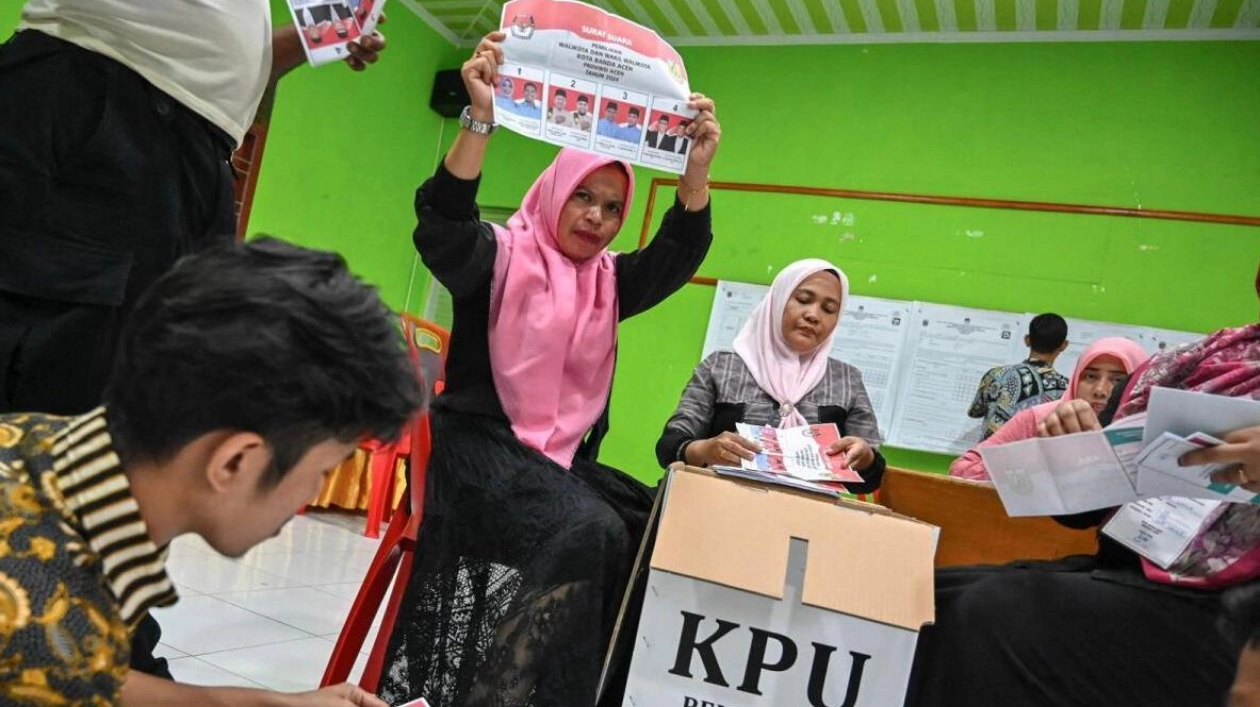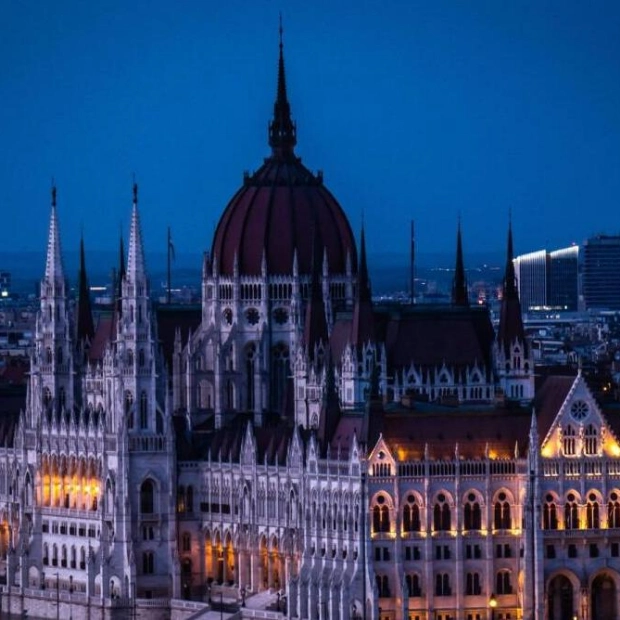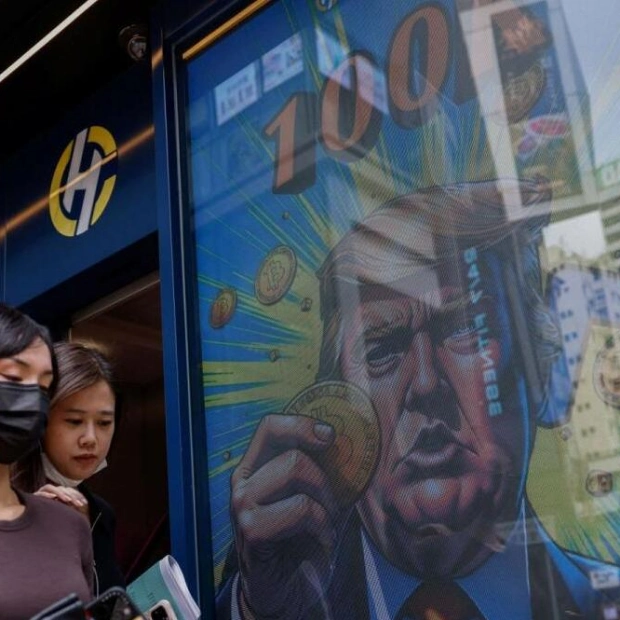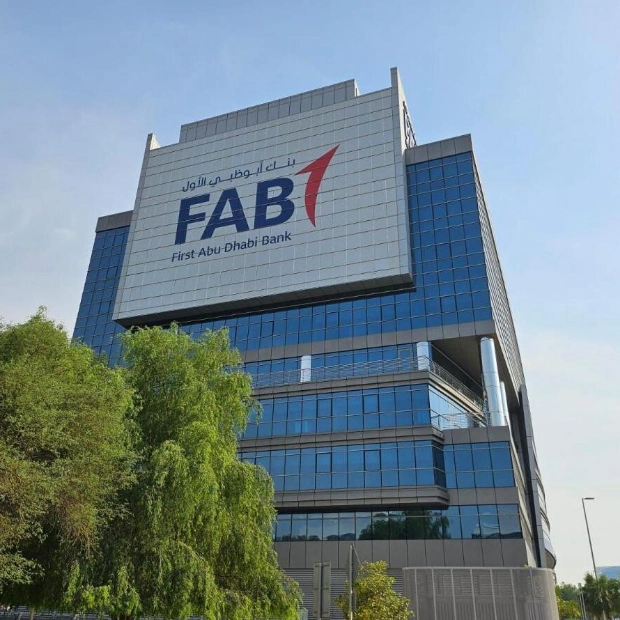On Wednesday, Indonesians participated in the country's largest simultaneous regional election to choose local leaders, with President Prabowo Subianto aiming to strengthen his hold on power. Over 200 million eligible voters were tasked with selecting governors, mayors, and regents, including some candidates associated with former leader Joko Widodo, commonly known as Jokowi, who are vying for key positions that could lead to higher office.
The race for the Jakarta governorship was particularly significant, as political parties view the position as a stepping stone to the presidency. Jokowi himself successfully transitioned from the governorship of Jakarta to the presidency after a two-year tenure. Polling stations across the vast archipelago nation operated from 7am to 1pm, with voting proceeding smoothly in Jakarta, where some organizers established makeshift booths at schools and along the roadside.
By Wednesday evening, independent pollsters such as Indikator Politik Indonesia, Charta Politika, and Lembaga Survei Indonesia (LSI) indicated that Pramono was leading his competitors, securing between 49 and 50 percent of the votes. These 'quick counts' have historically been used by candidates to claim victory. Lies Hartono, the head of Pramono and his running mate Rano Karno's campaign team, referenced multiple polls showing the duo surpassing the 50 percent threshold required to avoid a second-round runoff, declaring the Jakarta election concluded in one round during a press conference broadcast by Kompas TV.
Official results are anticipated by December 15, as per the General Elections Commission (KPU) regulation. Voters expressed their hopes for the new leaders to address pressing issues such as flooding and unemployment. Political researcher Made Supriatma emphasized the election's importance for Prabowo's government, noting the need for regional-level support to ensure efficient governance. Pramono's opponents include former West Java governor Ridwan Kamil, backed by the largest party coalition, and endorsed by Jokowi.
Firman Noor, a political researcher at the government-funded National Research and Innovation Agency (BRIN), highlighted that candidates aligned with Prabowo would be more inclined to implement the president's programs. Prabowo's victory in February's presidential election was bolstered by the support of his running mate, Gibran Rakabuming Raka, Jokowi's son. Meanwhile, Jokowi's son-in-law, Bobby Nasution, is contesting the North Sumatra gubernatorial election, with surveys predicting his success. Flooding in North Sumatra delayed voting in some areas, while Yogyakarta, the cultural capital, did not participate in the local elections due to its unique governance structure led by a sultan.
Source link: https://www.khaleejtimes.com






